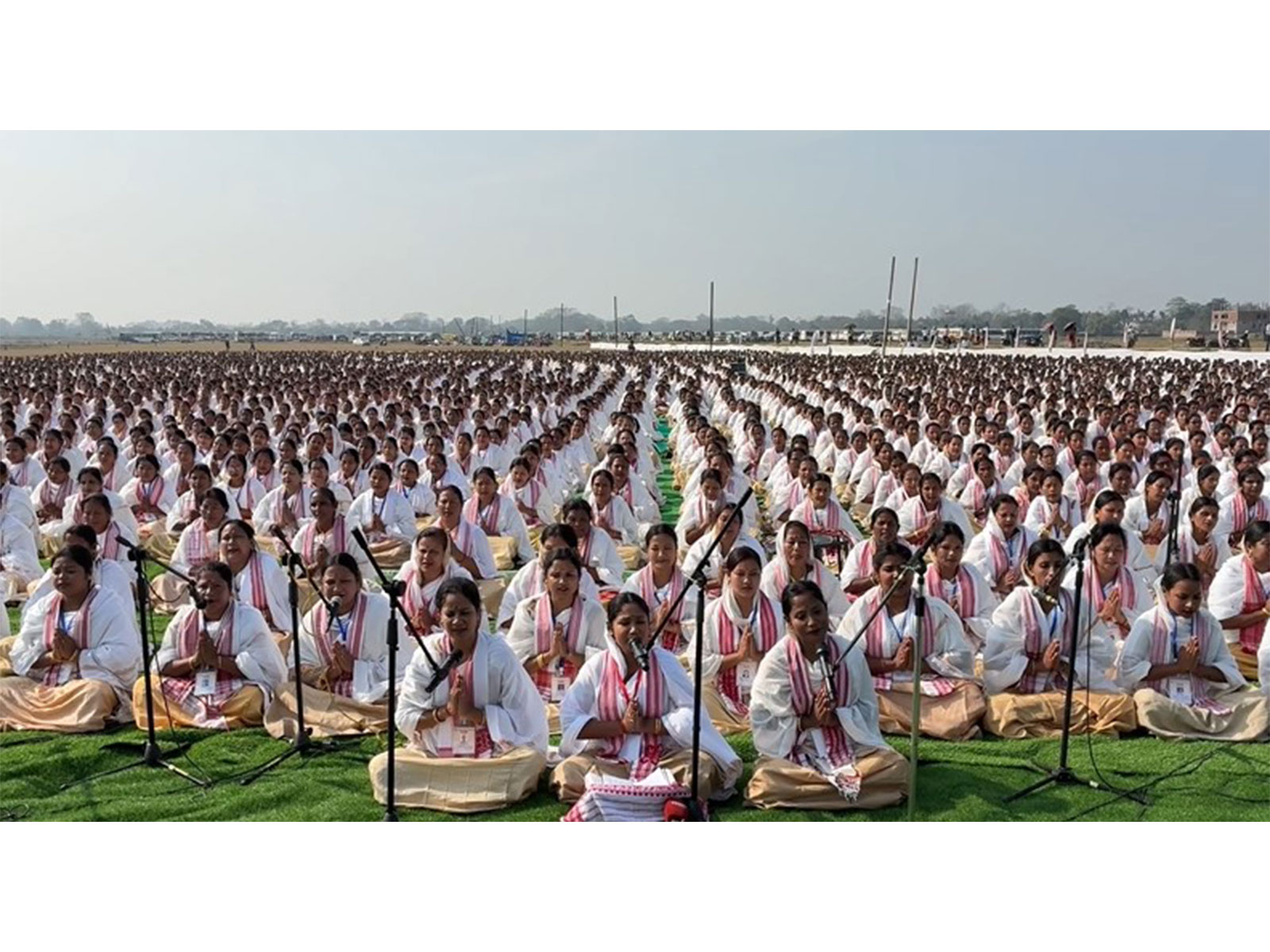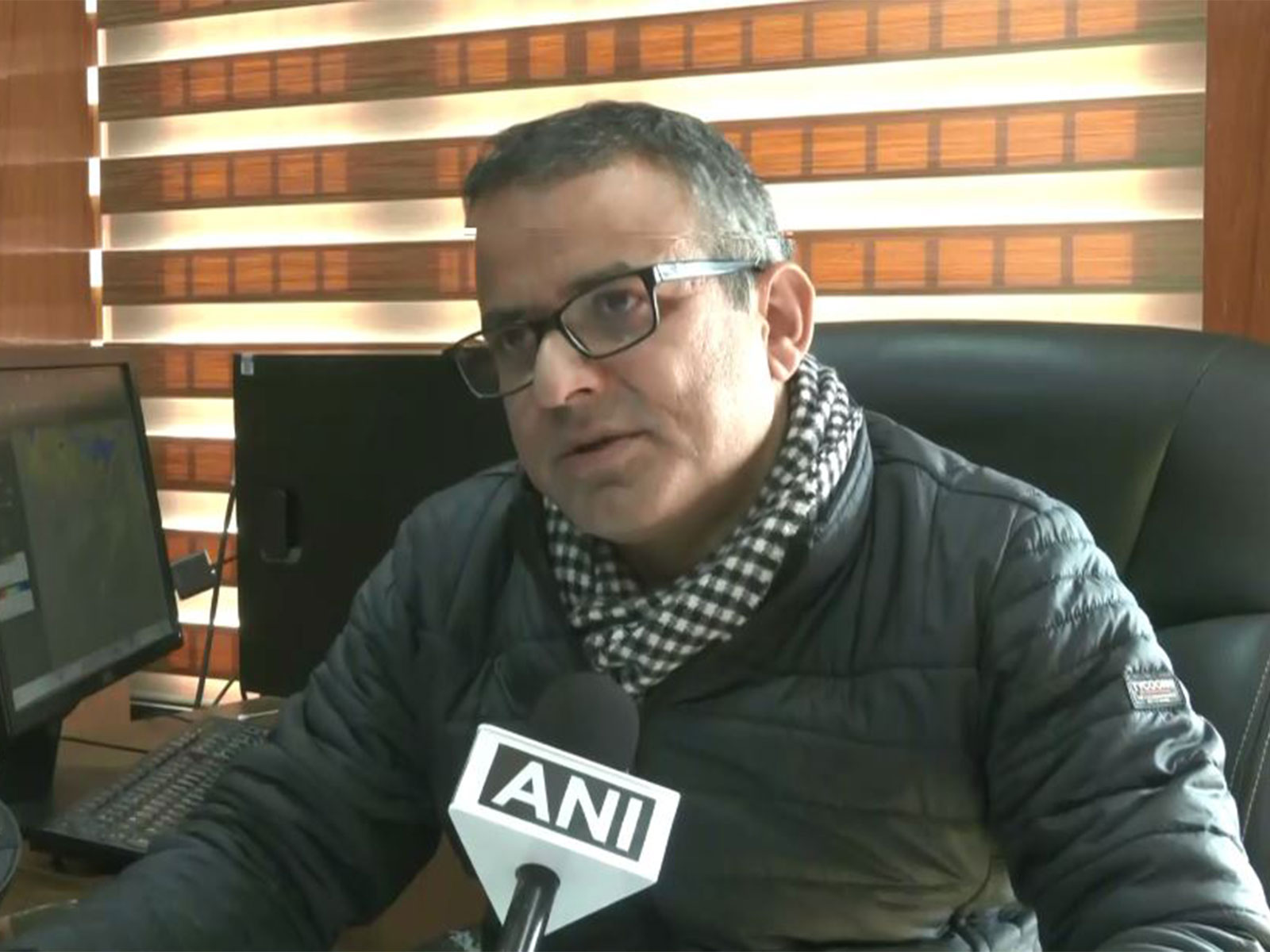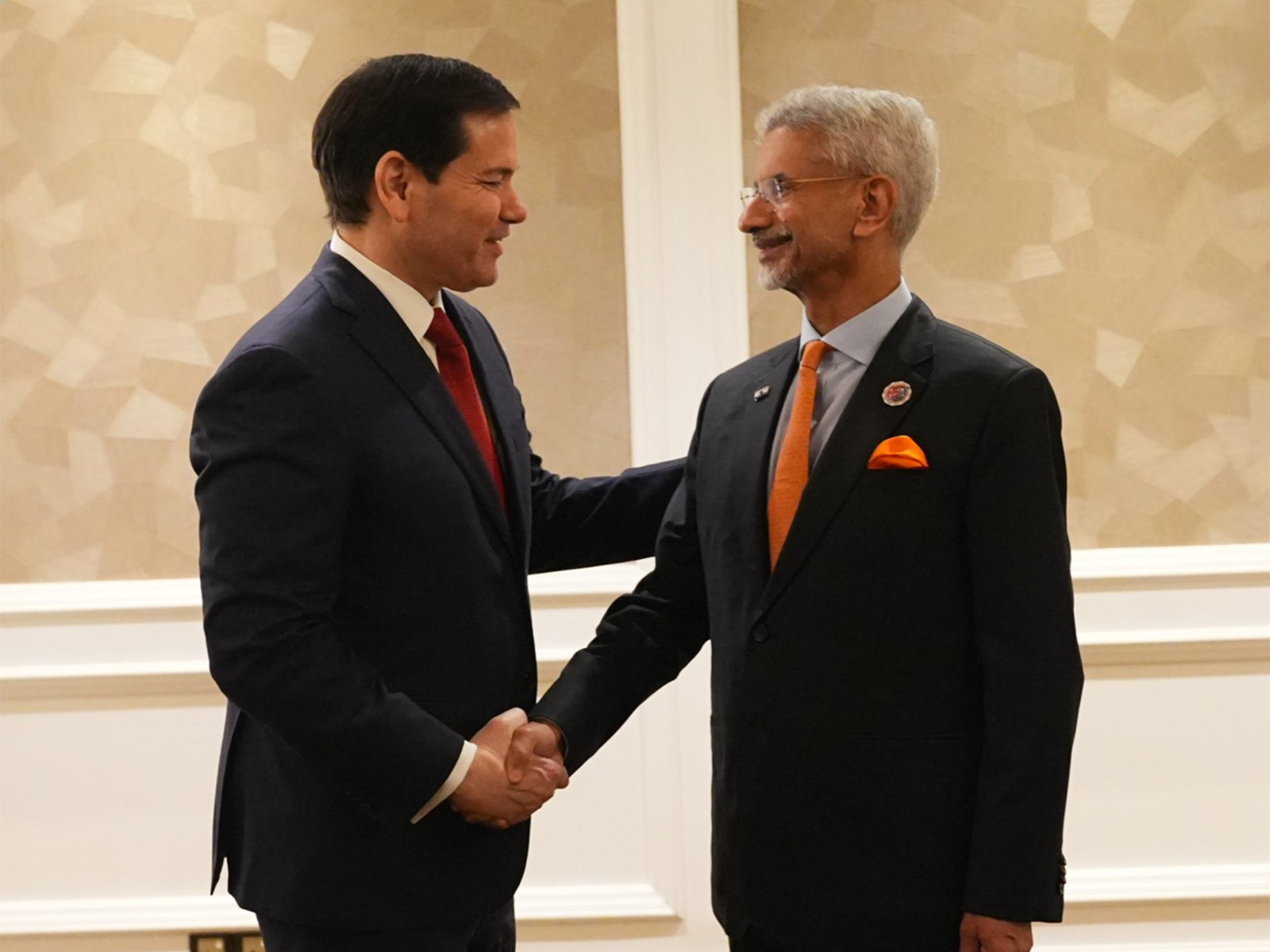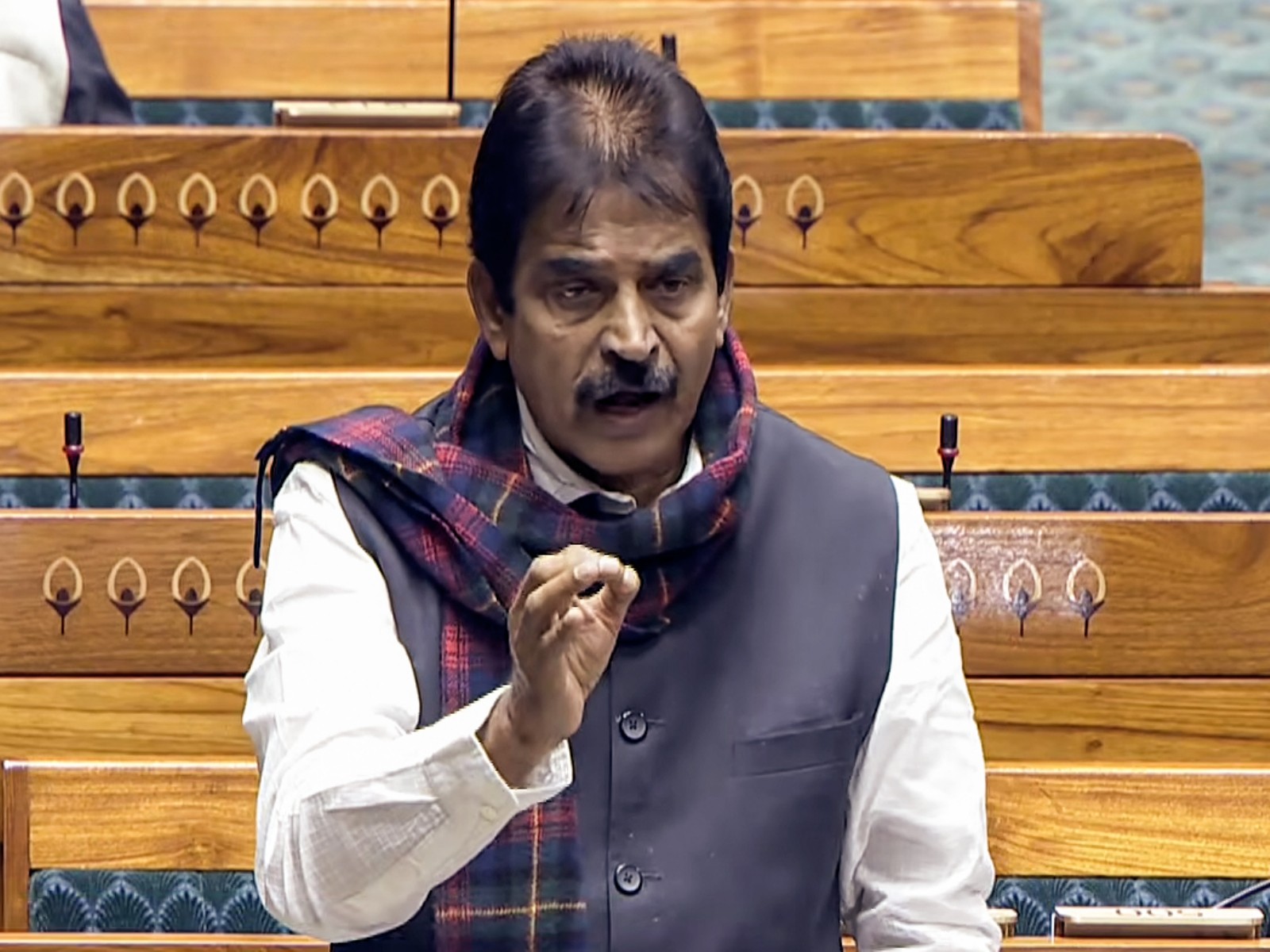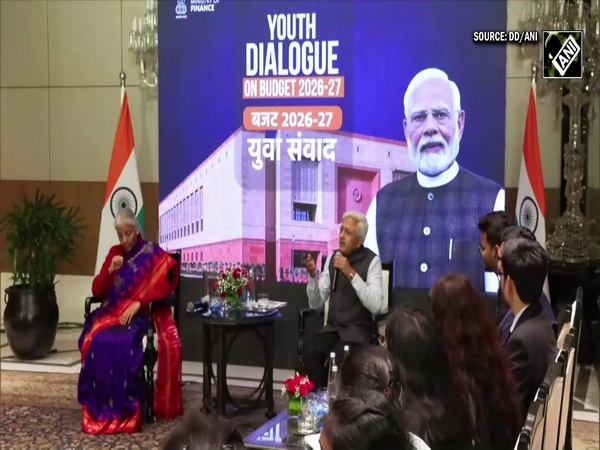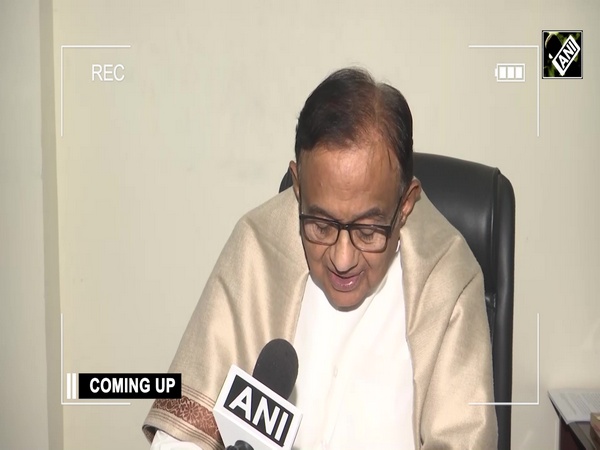Amid India's critical minerals initiatives, expert urges PPP model to build rare earth value chains
Oct 23, 2025
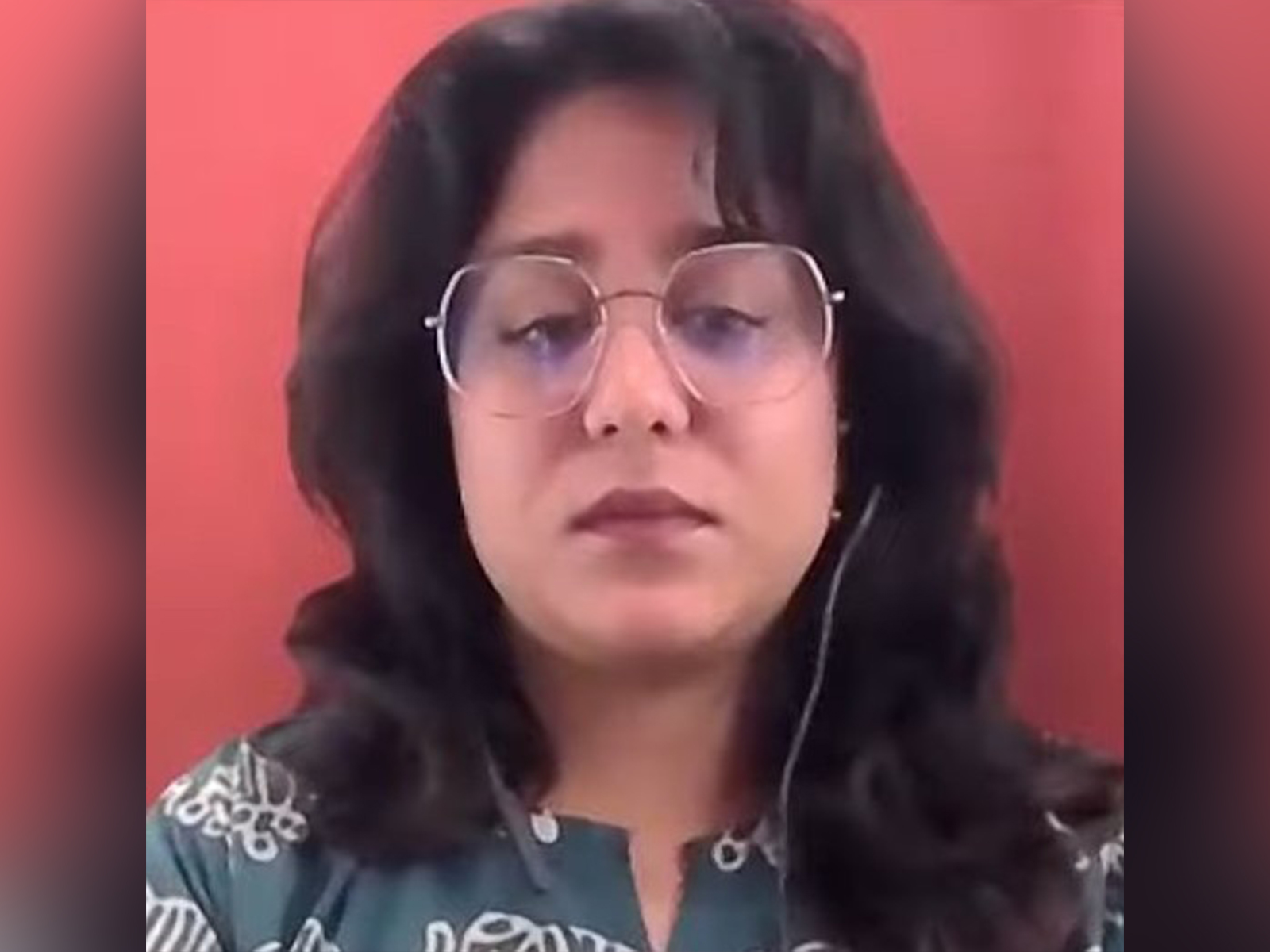
New Delhi [India], October 23 : With China tightening export controls on rare earth elements, India must accelerate efforts to build its own value chains in rare earths through a public-private partnership (PPP) model, according to Neha Mukherjee, Research Manager at Benchmark Mineral Intelligence, a London-based supply chain intelligence firm for rare earths and critical minerals.
Speaking exclusively to ANI, Mukherjee emphasized that India's National Critical Mineral Mission (NCMM) marks a vital step in strengthening domestic capacity and reducing foreign dependence.
"These export restrictions are the biggest reminders that we need to develop our own value chain. We need to reduce dependence on other economies," she said.
Highlighting the NCMM as a timely but overdue move, Mukherjee noted, "India has finally started recognizing critical minerals that basically underpin everything from clean energy to defense to high-tech manufacturing. It's clearly showing a shift in the mindset from a resource holder to an active value chain participant, because India can emerge as a big manufacturing economy, because it has obviously a very great IP in place."
She highlighted that the government must take the lead in driving this transformation. "The government has to take the first step. For example, when it comes to rare earths IREL (India Rare Earth Limited) is the government body that currently manages Rare earth manufacturing in India... The ideal scenario would be a public-private partnership model where PSUs can help secure material and private partners can drive the downstream value creation."
Mukherjee pointed out that India currently lacks refining and separation capacity, an area that requires urgent development. She also noted India's potential to create a closed-loop ecosystem through recycling.
"India has a huge potential market for recycling due to the availability of scrap material, which can help in building a closed-loop ecosystem for rare earths," she added.
Mukherjee said, public sector undertakings (PSUs) such as NALCO and NMDC could play pivotal roles in securing raw materials, while private firms like Tata Steel, Adani, JSW, and Vedanta can contribute through technological innovation.
"Rare earths are often found as co-products or by-products in other mines, making PSUs well-positioned to manage these resources due to their capital strength and ability to adhere to environmental regulations," she explained.
"Private firms could focus on developing innovative extraction, refining, and alloying technologies, particularly for magnetic manufacturing, and engage in foreign technology collaborations to strengthen capabilities," Mukherjee noted.
Drawing parallels with the semiconductor ecosystem, she added that India's ideal approach should combine government support and private participation.
"The ideal model would mirror India's semiconductor sector, where a combination of PSUs securing material and private companies driving downstream value creation works alongside incentives and partnerships."
However, Mukherjee also cautioned against complacency, warning that illegal mining and lack of oversight could hamper sustainable growth.
"Challenges like illegal mining, which historically limited the growth of the rare earth market in the country, could resurface. The government needs to play a significant role in managing and overseeing the sector to ensure sustainable and structured growth," she said.





